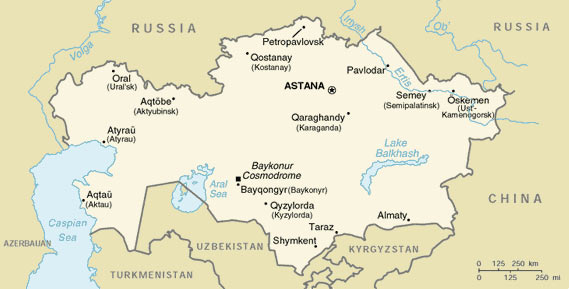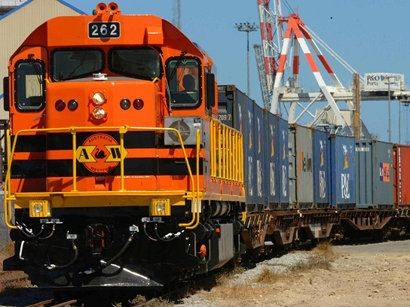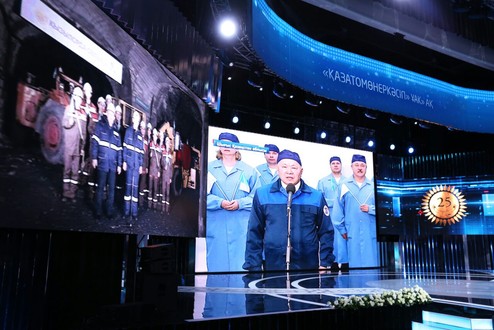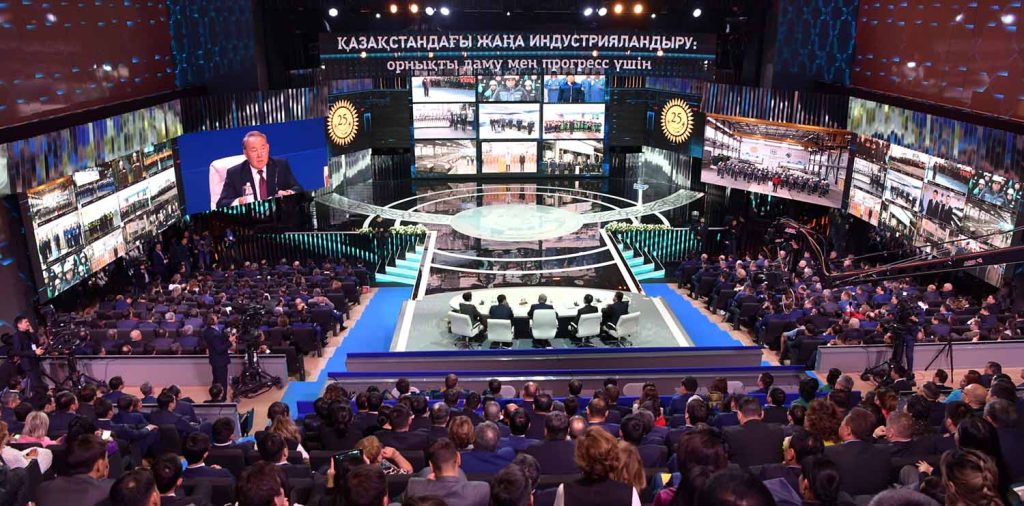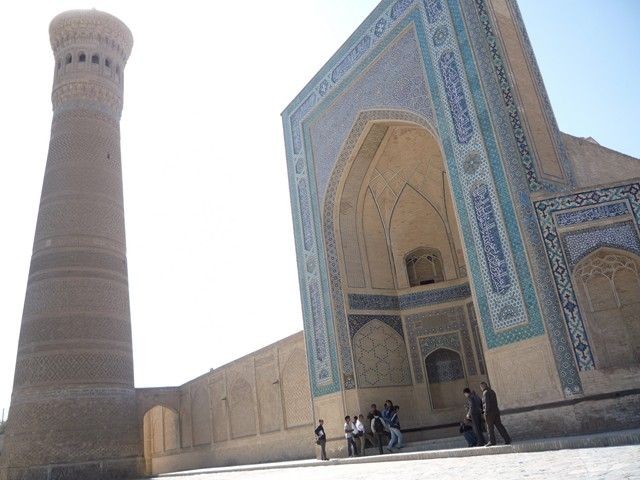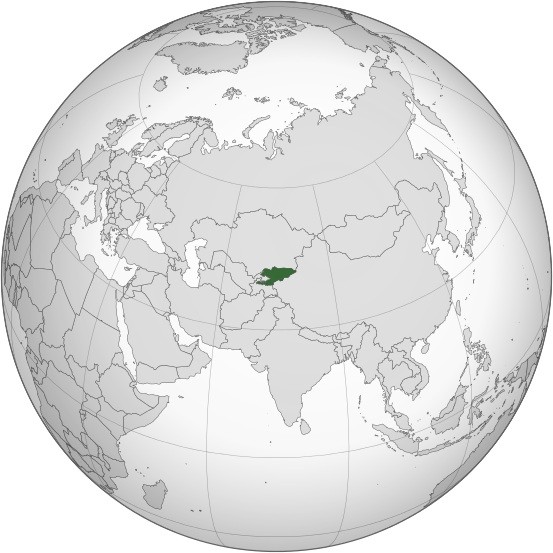Alleged illegal oil sellers, extremists detained in Aktobe in Kazakhstan
ASTANA (TCA) — Kazakhstan authorities say they detained several people suspected of illegal oil sales during a large-scale security operation in the northwestern city of Aktobe on December 7, RFE/RL reported.
